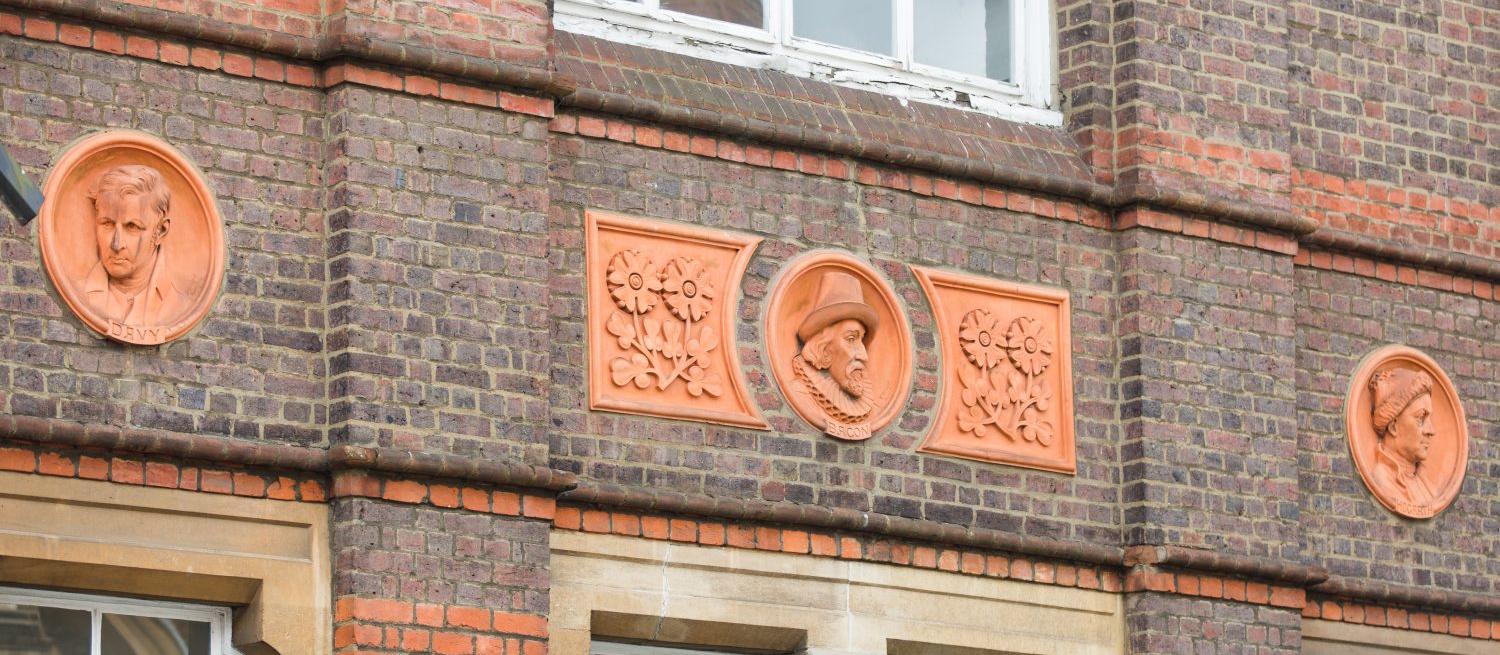Quentin Crisp (born Denis Pratt on Christmas Day, 1908) was an English writer, actor and raconteur.
He changed his name in his early twenties after he left the family home in Sutton and moved to London where he felt free to refine his flamboyant style. Indeed, many biographies of Crisp note that from a very young age he had effeminate ways and tendencies, and he was often ridiculed his appearance. However, Crisp ignored these criticisms and proudly walked through life dressed in bright colours, with his iconic silk scarves, long painted nails and make-up.
During WWII Crisp attempted to join the Army, but was rejected on medical grounds due to his ‘sexual perversion’ (homosexuality was illegal in Britain until 1968 when it was decriminalised). Following this Crisp took up employment as an engineer's tracer but gave it up in 1941 to become a professional model for life drawing classes, and he was a regular sitter for students at St Albans School of Art, continuing in this profession for the next thirty years.
An artist from the school recalls"I do remember that he always sat and did the Times crossword during the break [and was] always fully made up with his lipstick, rouge and sometimes nail varnish’ and that he was ‘… an amazing model. He could hold a pose for ages without moving a muscle. Once he was even balanced on two chair legs."
In 1968 his now infamous memoir The Naked Civil Servant was published, to great acclaim, detailing his life in a then very homophobic Britain. In 1975 it was adapted for television and saw Crisp star alongside John Hurt, and this led to Crisp becoming a renowned stage actor, producing several one-man shows based on his experiences. Following the success of the show in London, he took the show to New York, where he eventually moved in to in 1981 where he made many great friends, including Sting who dedicated his song ‘Englishman in New York’ to Crisp. Indeed, Sting was shocked by the prejudices which Crisp experienced in his life and inspired many of the lyrics in the song, such as ‘It takes a man to suffer ignorance and smile/ Be yourself no matter what they say’.
Crisp died in November 1999, days before his 91st Birthday, and remains one of the most colourful, loved and charismatic writers of twentieth century Britain.
Read more memories of Crisp by Hertfordshire residents.
